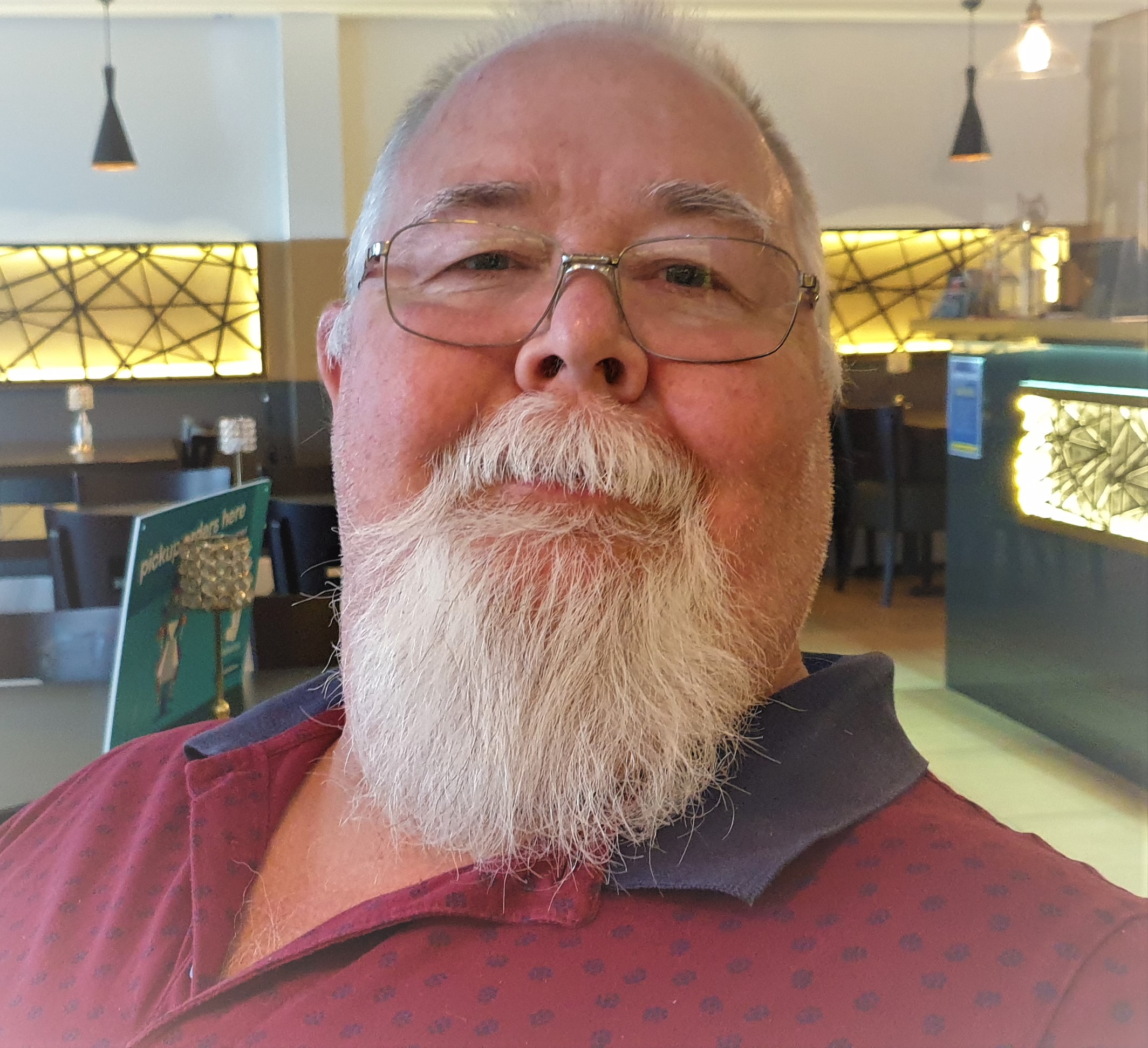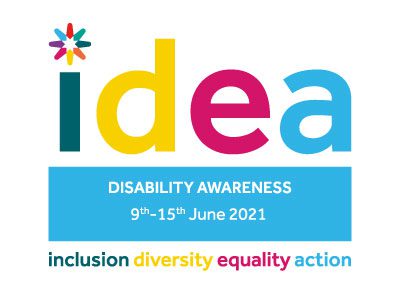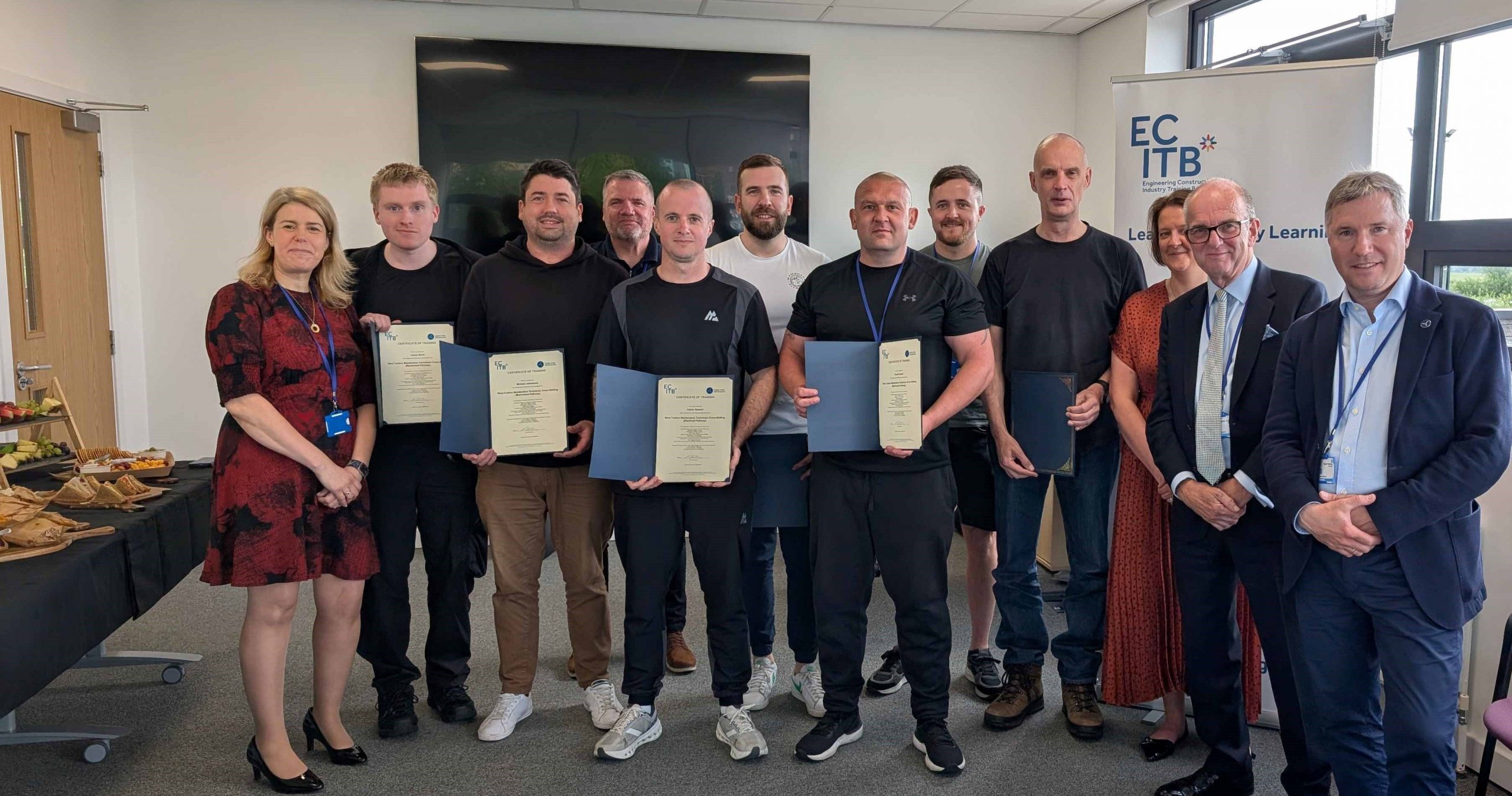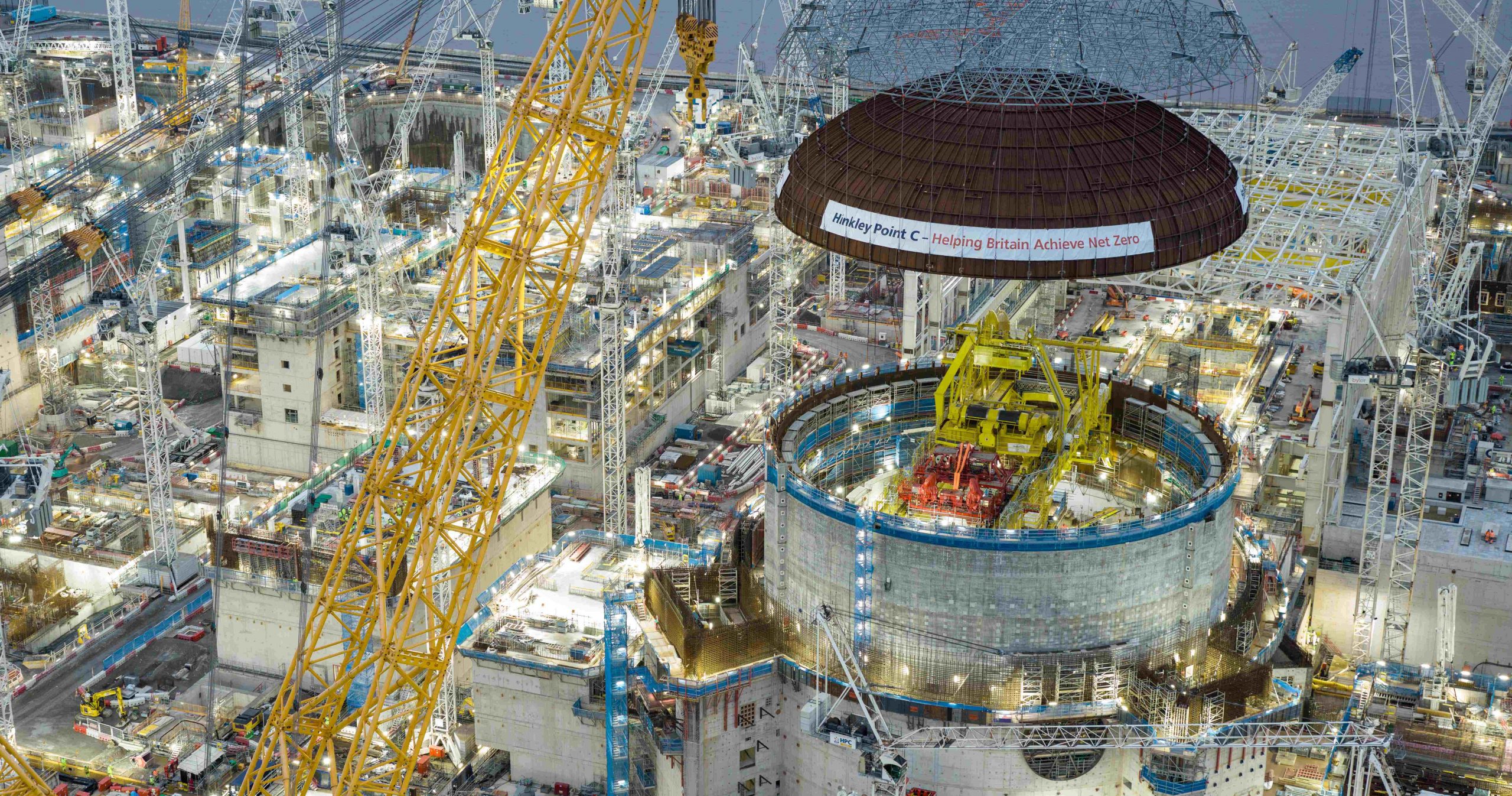
Kevin Hearn, Magnox
Nuclear industry employee Kevin Hearn, who spent over a decade of his career with an undiagnosed disability, says acknowledging his health issues to his employer, Magnox, was “the best thing he ever did”.
“I began my career as a security guard at the Oldbury site way back in 1994,” says Kevin.
“Even in those early days, my then undiagnosed disability was causing me problems, but as a male of the species it was incumbent on me to just grin and bear it,” says Kevin.
Medical investigation into Kevin’s pain and discomfort revealed a diagnosis of osteoarthritis in his toes, feet and ankles. And after 14 years, a change of career path allowed Kevin to continue his employment with Magnox as he transferred to an administrative role at Hinkley Point A site.
“The move was the best thing I ever did, it meant no more wintery walks around an eerily quiet site at 3am in the pouring rain,” he says.
“It’s a company who I am very happy to work for with a very good track record of health promotion and understanding of people with health issues,” Kevin says of Magnox.
“But like almost every company in existence, they could do better, which is where I would like to take the opportunity to help promote the benefits of employing disabled people in the wider nuclear community,” adds Kevin.
Kevin, who has helped establish the Magnox Disability Network to help disabled people working for Magnox, wants to reach out to help other disabled people looking to join the wider nuclear industry, and make disabled colleagues feel as included as all our non-disabled employees.
“Firstly, we must look at the physical journey to an individual’s place of work. Can we make minor adjustments to the route to make it safer? Can we allow disabled people to bring their vehicles onto site if necessary? Once on site we also need to look at the working environment, is it as ergonomically set up for a disabled person as it could be? Individual adjustments can be made once the level of ability or disability of an individual is known.”
Kevin believes that companies should have a sound reporting system to support disabled employees to report issues with their workplace.
“Some people with a disability may feel that they are happy with the way things are, but we must ensure we have people with an empathetic ear to help disabled people feel comfortable in speaking up if there’s something they need or if there’s something they want to change about their workplace to make working life that little bit more acceptable.”
Find out more about the ECITB’s Diversity and Inclusion work here.





